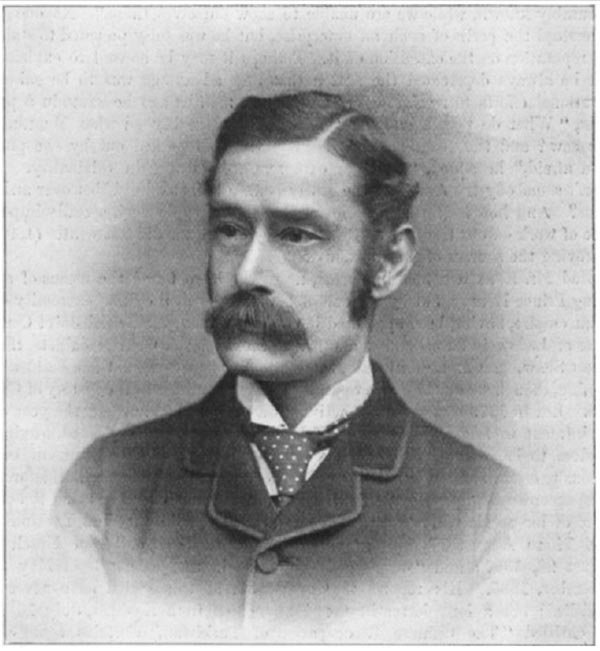Ney Elias (Febraury 10, 1844 - May 31, 1897) was an English geographer, explorer, and diplomat. Born in Widmore, Kent, Elias was educated in London, Paris, and Dresden. He became a fellow of the Royal Geographical Society in 1865. He went to Shanghai as an employee of a mercantile house in 1866. In 1868, he volunteered to lead an expedition to examine the old and new courses of the Yellow River, which he recounted in a paper for the Royal Geographical Society. He left on his next expedition in July 1872, when he and a Chinese servant crossed the Gobi Desert, a distance of nearly 2,500 miles from the Great Wall to the Russian border. They then continued another 2,300 miles to Nizhny Novgorod. Elias chose to attempt such an undertaking during a particularly difficult time: that part of China was overrun by the Tungani rebels at the time, causing him weeks of sleepless nights and constant fear of attack. Apparently, when Elias finally reached the Russian frontier, the Russian border guards looked at him like he had just fallen from the sky. His geographical work in Mongolia earned him the Founder's Medal of the Royal Geographical Society in May 1873 and a job with the British colonial government in India. He was appointed assistant to the resident at Mandalay in September 1874 and shortly afterward was named second in command of an overland expedition to China. This expedition turned back after the murder of Augustus Raymond Margary. He was a member of Robert Shaw's cancelled expedition to Kashgar, and, already finding himself in Leh, stayed there as British joint-commissioner of Ladakh. On his own initiative, Elias went to Chinese Turkestan in 1879 and, narrowly avoiding 'serious misadventure' gained the official sanction of the Indian government and was assigned to 'special duty' in Yarkund, and Kashgar in 1879 and 1880, respectively, and against in 1885. From 1885 until his retirement in November 1896, Elias participated in numerous expeditions in Central Asia and greatly contributed to the geographical knowledge of the region. Elias died suddenly in London on May 31, 1897. He never married.


